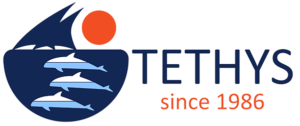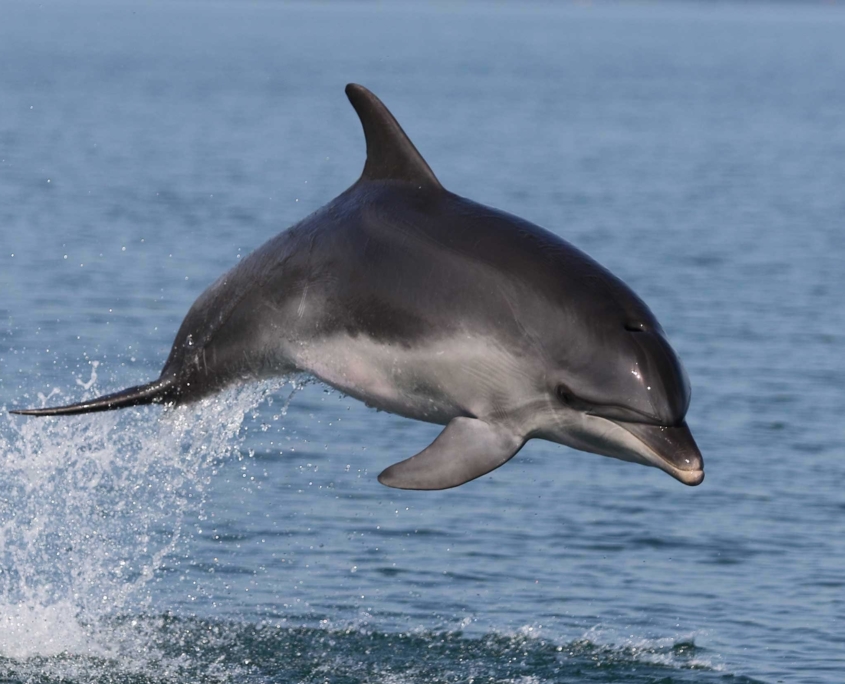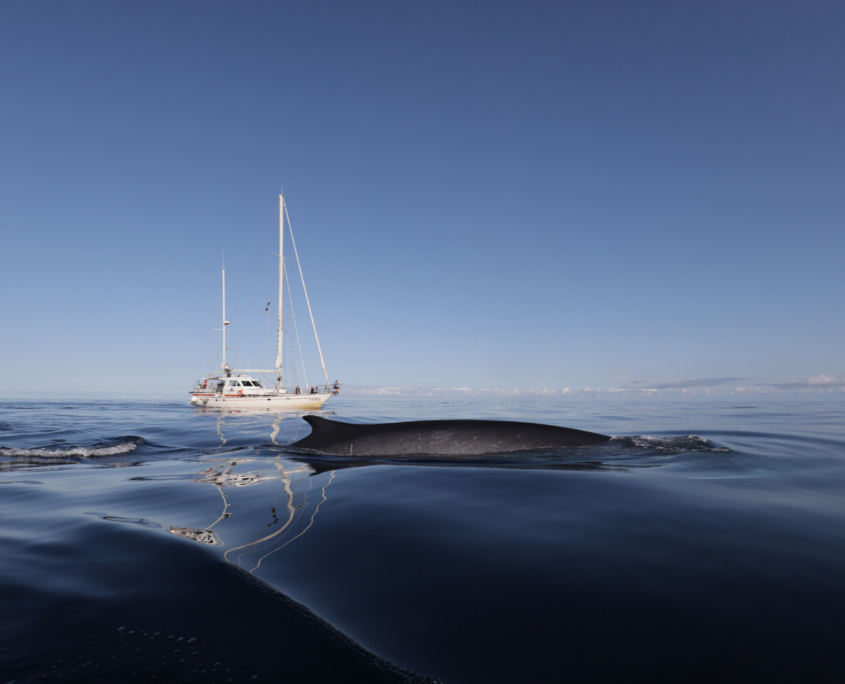Long Term Projects
Ionian Dolphin Project
The Ionian Dolphin Project aims to ensure the long-term viability of marine mammals living in coastal waters of the eastern Ionian Sea. Research is providing support conservation efforts, through actions including:
- continued monitoring of marine mammals through field research methods including boat surveys and individual photo-identification, to detect population trends and identify critical habitat;
- research on factors threatening the local ecosystems, particularly excessive fishing;
- public awareness, education and capacity building initiatives (e.g. involvement of a large number of students and volunteers, dolphin events organized locally, public presentations, lectures at local schools, production of multimedia);
- Increase awareness among recreational boaters by promoting marine mammals’ watching guidelines and collecting opportunistic sightings through the project’s website
- establishing synergies with stakeholders (e.g local authorities and fishermen organizations), aimed to raise awareness on the need of establishing measures to protect dolphins and implement existing regulations (e.g. to prevent illegal fishing);
- dissemination of information in the scientific literature and delivery of management proposals to international agreements and bodies concerned with the protection of marine biodiversity.
Research is concentrated primarily in three Natura 2000 areas:
The Inner Ionian Sea Archipelago (site code GR2220003), where we study common dolphins, bottlenose dolphins and Mediterranean monk seals.
The Gulf of Ambracia (GR2110001) where bottlenose dolphins are the only cetacean species present.
The waters surrounding the islands of Paxoi and Antipaxoi (GR2230004) where bottlenose, common and striped dolphins are regularly present, and monk seals are occasionally sighted.
Cetacean Sanctuary Research
The Cetacean Sanctuary Research (CSR), established in 1990, is a long-term project focused on the monitoring of all ecological aspects of the cetacean species living in the Ligurian Sea (North-Western Mediterranean Sea). The main aim of the project is to produce scientific knowledge to support the conservation of marine mammals.
Studies and monitoring, conducted in the Pelagos Sanctuary for over 31 years (1990-2020), generated the longest time series and one of the largest datasets on Mediterranean cetaceans.
The CSR Project focuses on population dynamics, spatial distribution, habitat preferences, ecology behaviour, bioacoustics and on the evaluation of long-term environmental changes and monitoring of anthropogenic pressures affecting the area.
In order to provide a scientific basis for management recommendations to policy makers, the research is also focused on the potential impact of human activities on cetacean populations in the Sanctuary area. The aim is to provide a basic understanding of these complex interactions, also taking into account the variability of both environmental and anthropogenic factors over a three decades time period.
The studies conducted in the 90’s showed that this area is the most important habitat for cetaceans in the Mediterranean, given its high species diversity and its intense biological activity. This evidence led the Institute to play an active role in the creation of the “Pelagos Sanctuary of Mediterranean marine mammals”.



